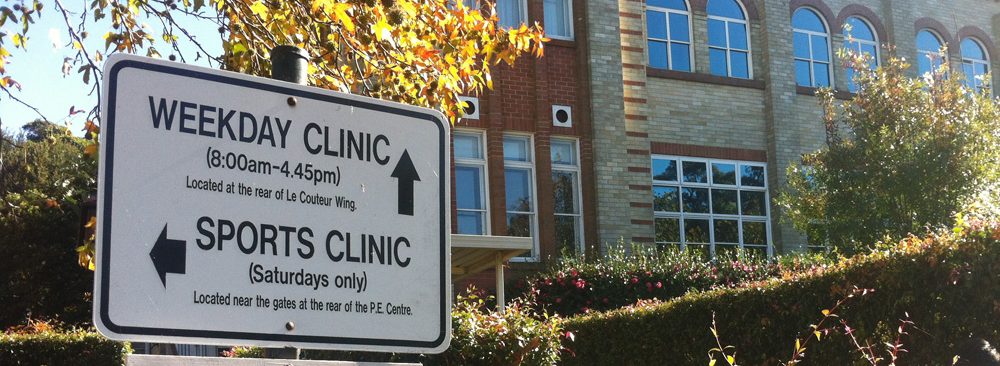How to control Childhood Eczema
Eczema is common and affects around 20 per cent of people at some time in their lives. It affects the skin, causing redness, itching, oozing and over time rough hard thickened skin may occur.
The rash and dryness are usually found in the creases of the elbows, behind the knees, across the ankles and may also involve the face, ears and neck. While some will outgrow their eczema, others will continue to have periods of dry, sensitive skin into adulthood. In many instances, Eczema is associated with other allergic conditions like hayfever, asthma and food allergies.
What triggers Eczema?
- Allergies to dust mites, pollens, foods
- Overheating
- Irritation from soaps, detergents, fabrics, perfumed products, chemicals – cigarette smoke
- Swimming in chlorinated pools
- Sitting directly on grass or carpet
- Playing in sand and sandpits
- Stress may aggravate eczema
An Eczema Action Plan should be completed so that you know what to do when your eczema is getting worse. Click here to find out more about starting an Eczema Action Plan.
The most important single thing is to moisturise the skin, so use a non-soap based wash or oil in the bath.It is advised to moisturise two to three times a day especially after a bath or shower which is equivalent to 250 grams of moisturiser a week for a child or 500g for an adult.
If the water is ‘hard’ (full of minerals) or alkaline, consider installing a water-softening device. Swimming in the sea in warm weather is also a great way to reduce the symptoms of Eczema. Sun exposure for limited periods – for example, when swimming at the beach can also help relieve Eczema symptoms.
If Eczema flare ups occur, it needs to be treated promptly.
Steroidal ointments should be applied liberally as directed by your doctor or specialist during a flare up before applying moisturiser – ideally within 10 minutes.
Control the itch by using cold compresses, wet wraps and on occasion, anti-histamines. Information on wet wraps is available here. It is also a good idea to keep fingernails short – longer nails are more likely to injure the skin when scratching.
Control Infection
Because the skin barrier is often broken infection can easily result. Weak diluted bleach baths can be used to control infection. Please note that Crusts can be removed, however, remember to apply steroid cream and then moisturiser. Antibiotics may be prescribed to ease an infection.
Other treatments that may be used in more severe cases of eczema include Immune-suppression and Phototherapy.
Sister Margaret Bates
College Nurse






